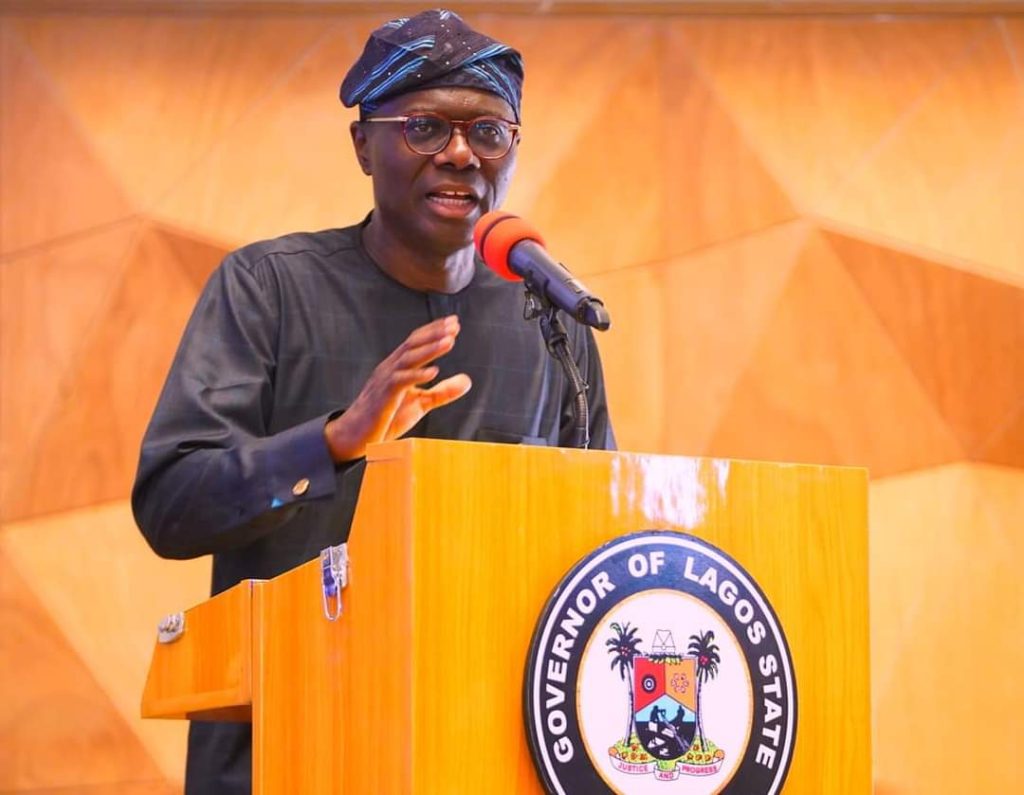Renowned fashion icon and celebrity designer, Toyin Lawani, has expressed deep regret over her participation in the controversial reality show, Real Housewives of Lagos, labeling it as nothing more than a “joke.”
In a candid expression of disbelief, Lawani took to her X (formerly Twitter) handle to share her dismay, stating, “[I] Can’t believe I was part of a joke #Rholagos #kof #kingofallQueens.” This revelation has sent shockwaves through the entertainment industry, prompting a reevaluation of the show’s credibility and impact.
The Real Housewives of Lagos reality show gained notoriety in its second season, following accusations of “bullying” levied against Nollywood actress Iyabo Ojo by some of her co-stars. In a striking twist, Ojo defended herself by unveiling that the show was scripted and clarified her deliberate portrayal as the “villain,” shedding light on the manufactured nature of the on-screen drama.
At the heart of Lawani’s revelation lies a deeper narrative of disillusionment and scrutiny, unraveling the veil of reality television and illuminating the interplay between scripted portrayal and public perception. This introspective analysis serves as a poignant reminder of the intricacies inherent in reality television, transcending the boundaries of mere entertainment to reveal the complexities that underpin its fabric.
As Lawani’s words reverberate across social media platforms, the resonance of her disillusionment extends beyond the confines of the entertainment sphere, igniting discussions on the authenticity of reality shows and the blurred line between scripted narrative and genuine human experience.
In the wake of this revelation, the global audience is compelled to reflect on the pervasive influence of reality television and its capacity to shape narratives, casting a discerning eye on the delicate balance between entertainment and genuine portrayal. Lawani’s candid proclamation serves as a catalyst for introspection, beckoning audiences to contemplate the nexus between perception and reality in the realm of televised entertainment.
This watershed moment in the realm of reality television underscores the ever-present need for transparency and authenticity, amplifying the call for a deeper examination of the narrative constructs that underpin the shows we consume. As the reverberations of Lawani’s revelation continue to resonate, the global audience is poised to engage in critical discourse, challenging the constructs of reality television and heralding a new era of discerning viewership.
In a landscape characterized by the allure of glamour and drama, Lawani’s resolute stance stands as a testament to the imperative of uncompromising authenticity, inspiring a paradigm shift in the realm of reality television and reshaping the expectations of a discerning global audience.



